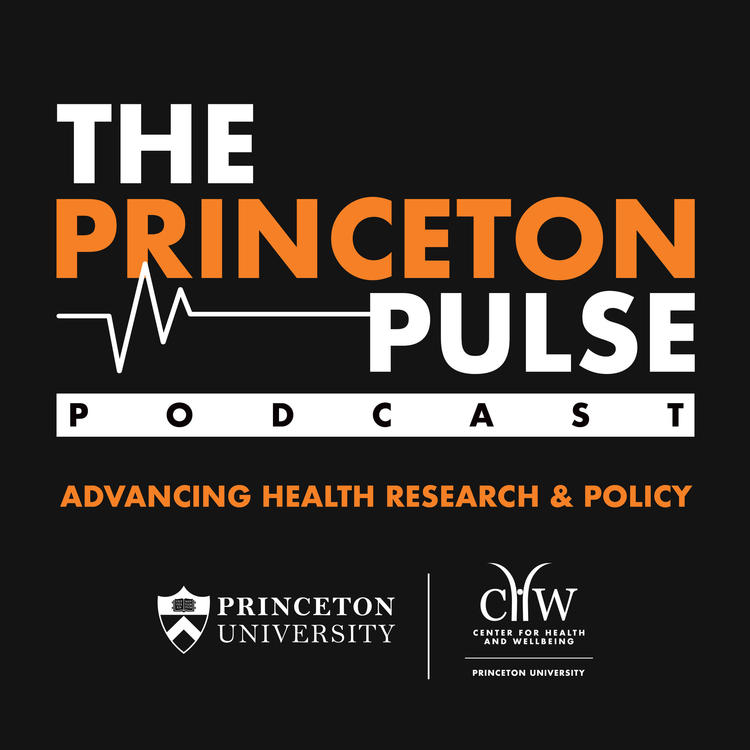This episode of the Princeton Pulse Podcast takes on one of the hottest topics in health care – and in Washington: the use and regulation of artificial intelligence, or AI.
Research suggests that AI could revolutionize the delivery of health care, from pinpointing cancers that are invisible to the human eye, to powering wearable devices that can detect abnormalities before a medical emergency occurs. In the simplest of terms, AI enables computers and machines to perform tasks like a human might. With the ability to analyze huge sets of data in a matter of seconds, it could help clinicians make better, faster, smarter decisions and lead to improved health outcomes.
But the use of AI is not without risk. There are profound ethical and regulatory issues at play. Host Heather Howard(Link is external), a professor at Princeton University and former New Jersey Commissioner of Health, explores the promise and potential perils of AI with two advocates for effectively and responsibly incorporating new tools into our health care system. This episode features: Niraj Jha(Link is external), an engineering professor at Princeton University, who is developing a software package that could enhance the reliability of medical diagnoses; and Representative David Schweikert(Link is external) from Arizona’s First Congressional District, a congressional leader on these issues.
The panel discusses how smartphones and smartwatches can serve as portable medical labs; the ways in which AI can support clinical and policy decision-making; mitigating risks related to accuracy, bias, privacy, and security; the potential for cost savings, and innovations that are on the cusp of virtually transforming health care in the United States and beyond.
—
Read about Niraj Jha’s grant-funded project(Link is external) aimed at developing a software package to enhance the reliability of AI for medical diagnosis and other applications. This paper(Link is external) provides information about his research on counterfactual decision-making.
Read about the Healthy Technology Act(Link is external), introduced by Congressman Schweikert, which qualifies AI and machine learning technologies as practitioners eligible to prescribe drugs. He also proposed legislation(Link is external) to establish reimbursement guidance for remote monitoring devices that use AI to treat patients.
Listen to the full episode here. See the transcript below:
Back to News

